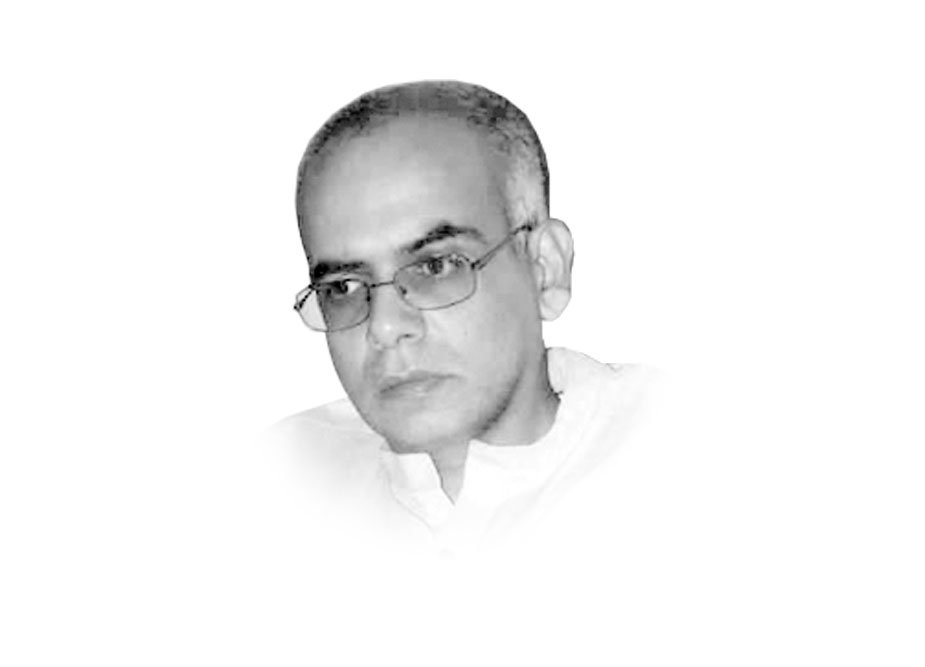
Climate change in fact threatens to undo decades of progress on alleviating poverty. The world’s poorest people are already seeing their lives becoming worse due to food and water shortages. Health, education and income-related deficiencies which accompany such deprivations are worsening.
Even if the most ambitious of global targets to curb emissions are met, millions of people will continue to face climate-induced impoverishment over the coming years due to altered precipitation levels, temperatures changes and other climate related events.
Despite this dire situation, there is an evident lack of adequate action being taken around the world to protect vulnerable populations. Speeches by government officials at environmental conferences are not leading to meaningful on-ground action that would be anywhere near equal to the scale of the problem.
One major reason behind the lackluster response to address the climate change effects is the reluctance of governments to take on the additional burden of contending with climate challenges. The private sector is instead being encouraged to take on a broader role in dealing with these varied challenges. Profit-driven private sector interventions dealing with climate change will, however, not suffice. The growing reliance on the private sector is in fact another factor that will exacerbate the ‘climate apartheid’.
While climate knows no class distinctions, the better off are better equipped to deal with its consequences. People with more resources can overcome challenges such as overheating, hunger, and conflict being fueled by climate change. They can escape these threats simply by virtue of where they live, or else, they can afford to purchase basic commodities such as clean water, adequate food and other requirements at higher prices.
The wealthy also have varied means to cope with extreme weather events. They can afford air conditioning and generators. Well-off people do not have to toil out in the heat to secure their livelihoods. While poor people in urban slums and rural areas continue to suffer due to dwindling and unsafe water supplies, rich people have bottled water dropped off at their doorsteps, which they can purchase from private suppliers. Even the air we breathe is not the same. Poorer parts of the cities are more congested and experience more air pollution than high-end residential areas with adequate green spaces.
It is ironic that three-quarters of the costs of climate change will be borne by the poor in developing countries, given that the poorer half of the world generates just 10% of global emissions.
Climate change efforts are not gaining the required momentum. For instance, environmental concerns suffered a big setback in the US with the election of President Trump. Countries like India and China are now major polluters. Brazil’s new president has decided to open the Amazon rainforest to mining, and has begun to undermine the environmental protections in place. Other developing nations, like our own, are also doing little to contend with pollution, or to avoid burning fossil fuels to meet our energy needs.
If economic planners continue to pursue unsustainable means of lopsided growth, and governments do not do more than paying lip-service to protecting poor people from the myriad consequences of climate-induced threats, the gap between the rich and the poor will continue to worsen in the years to come.
Published in The Express Tribune, July 26th, 2019.
Like Opinion & Editorial on Facebook, follow @ETOpEd on Twitter to receive all updates on all our daily pieces.

1732530816-0/BeFunky-collage-(88)1732530816-0-165x106.webp)
1720848500-0/Eminem-and-his-daugher-Hallie-(1)1720848500-0-165x106.webp)


1732529980-0/Copy-of-Untitled-(84)1732529980-0-270x192.webp)

1732530440-5/Copy-of-Untitled-(85)1732530440-5-270x192.webp)

1732525382-0/Express-Tribune-(10)1732525382-0-270x192.webp)







COMMENTS
Comments are moderated and generally will be posted if they are on-topic and not abusive.
For more information, please see our Comments FAQ